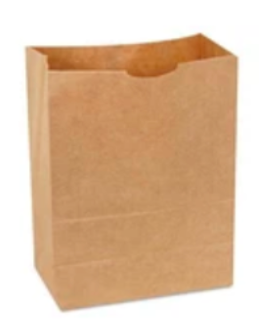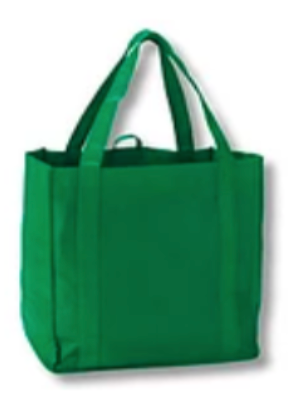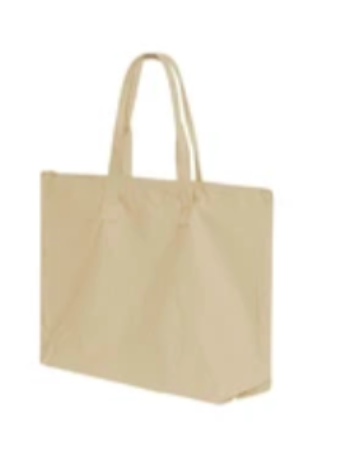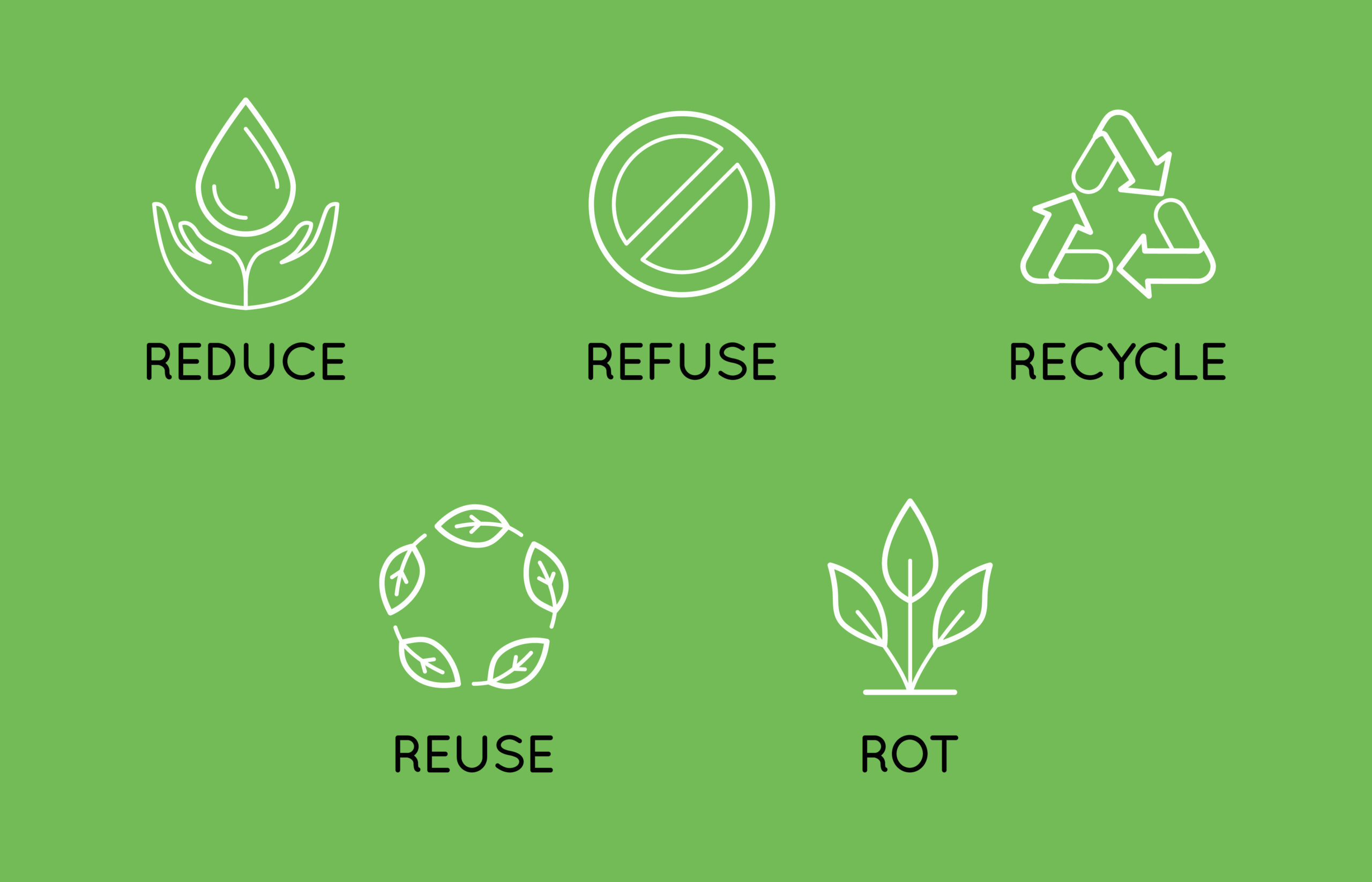What Can You Do About Household Waste?
Most of us will have heard of the 3 R’s—reduce, reuse, and recycle. Well today, we’re going to add two more to the mix: refuse and rot. Put together, the now 5 R’s, form the foundations of zero-waste living.
Achieving zero-waste doesn’t happen overnight! Conversely, it’s a real process, as we figure out how to work around a world saturated with single-use items that often seem nigh impossible to completely avoid. I hope that this article can provide some initial guidance.
It’s important to keep this in mind. For the beginner, understanding the 5 R’s, and trying to keep them in mind in your consumption and waste-sorting decisions is a fabulous start. To create lasting change, we recommend starting small, and habitually building upwards.
Refuse
Learn to refuse items you don’t need, or items that contain single-use plastic when there is a better alternative available. When at the store or getting takeaway, refuse a straw, plastic carrier bag, or sauce sachets whenever possible. If you bring your own containers, you can even avoid plastic or Styrofoam containers—many of which are notoriously hard to recycle (e.g. Styrofoam requires a special facility or drive; black plastic containers are always garbage). By refusing these items, you are doing your part to reduce demand for them.
Reduce
Look at all the products with excess, mostly plastic containers. Do you really need prepackaged lettuce that you don’t need to wash? This is a prime example of how the industry is succeeding is selling more packaging Sure, it’s a lot easier to just open a plastic container of lettuce and serve immediately. Then you throw the packaging away because it cannot be accepted as recyclable. But isn’t it possible to take 3 minutes and wash a regular head of lettuce? There are times you really cannot avoid it, but think about it, and think about your container thrown into the trash and in some cases, into the water.
Reuse
Bring your own reusable cloth bag to the store. This is a big help! Keep a few bags in the car so when you make an unscheduled trip you will bring them. Make sure you’re using the same reusable bags over and over. (To break even in environmental impact as compared to a plastic bag, you need to use a paper bag 4 times, a Polypropylene bag (green below) 16 times, and a cotton tote over 173 times.) This is useful to consider when choosing what type of reusable bag is best for you.
How Many Times Do You Need To Use Your Reusable Bag for It to Be Better for the Environment?
 |  |  |
| 5 + | 17 + | 174 + |
When you go to the grocery store, not every vegetable has to be in a plastic bag; you can put hardier fruit and veg right into your bag (apples, oranges, onions, bananas etc).
This works for pretty much anything you use—this could be the large plastic bag encasing a new mattress or a food container that would make good Tupperware—finding ways to elongate the lifetime of anything you own, through reuse or repurposing is the environmentally friendly choice.
Recycle
Your milk cartons, soda bottles, water bottles, clean aluminum, glass, etc., can be recycled. Your newspapers, office papers, paperback books can all be recycled. You can read more about recycling best practices in Ridgewood here [link internally to Recycling Best Practices guide].
For items that you can’t recycle curbside, look to notices on www.sustainableridgewood.org regarding drives, special facilities, and updates. For example, Glen Rock hosts regular Styrofoam recycling drives.
Rot
Is your yard large enough to have a compost container? You only need a couple feet. Composting is immensely beneficial. It diverts waste, avoids emissions from organic material degrading in landfill, and is a cheap and easy way to provide your garden with a rich fertilizer.
All those vegetable clippings, corn cobs, watermelon rinds, tea bags, coffee grounds, etc., can be composed, along with garden leaves, paper and pesticide-free grass. You can read more about composting in our beginner’s guide to backyard composting.
